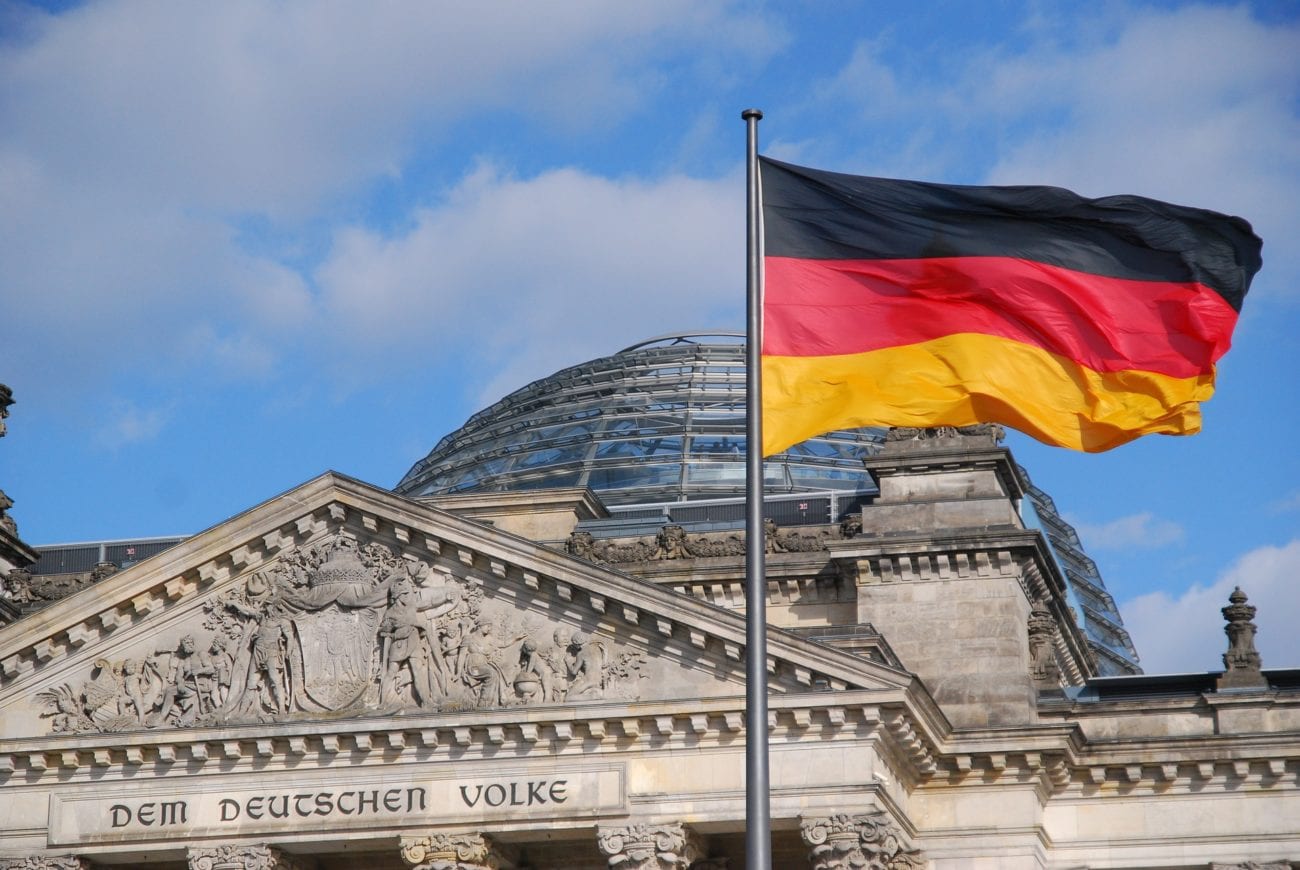German lawmakers prepare for State Treaty vote

German state lawmakers are set for a crunch meeting on the third incarnation of the State Treaty on Gambling next week (March 21), with Schleswig-Holstein set to be allowed to continue its liberalised regulatory regime alongside the federal framework.
A draft of the Treaty (Glücksspeilstaatsvertrag), now in its third incarnation, was outlined in a letter from Nathanel Liminski, Secretary of State and head of the State Chancellery of Nordrhein-Westphalen. Liminski’s letter confirms the removal of the cap on sports betting licences, alongside a number of other tweaks to the legislation.
However, Hans-Joern Arp, leader of the Christian-Democratic Union in the Schleswig-Holstein Parliament, told iGamingBusiness.com that the state will be permitted to run its liberalised regime, in which online poker and casino are allowed, alongside the Treaty.
As a result of the limit on the number of licences being deleted, there will be no deadline by which operators must submit their applications. Should the Treaty be ratified, these licences will come into force on January 1, 2020, running to 2021 as part of an initial experimental phase.
This expermental phase will allow the Minister-Presidents of Germany’s 16 federal states assess the effectiveness of the legislation. The licences could remain valid until June 30, 2024 provided the legislators are happy the Treaty is fulfilling its goals. Until the new Treaty comes into force in 2020, a “toleration period” in which operators that pay tax would be allowed to continue offering sports betting, will apply.
The revised Treaty also clarifies that the Glücksspielkollegium, the body with responsibility for overseeing the market, will have no legislative powers. Advertising regulations, which must be drawn up by the federal states and ratified by the Minister-Presidents, will also be subject to a judicial review.
The more controversial elements of the 2012 Treaty, such as a ban on in-play betting and a mandatory player spending limit of €1,000 (£860/$1,124) per month, remain in place. The tax rate is also unchanged, at 5% of turnover.
Schleswig-Holstein, which has been a vocal opponent of the Treaty, appears to have secured a concession to continue its liberalised regulatory regime, which sets a 20% gross gaming revenue tax. With igaming licences issued by the state from 2012 starting to expire from December 2018, it seems licensees will be able to renew their Schleswig-Holstein permits.
A change in government saw the state pledge to adopt the State Treaty in 2012, allowing licences awarded under the previous regime to expire. However the so-called Jamaica Coalition of the Christian Democratic and Christian Social Union (CDU/CSU), Free Democratic Party (FDP), and Green Party, in power since 2017, has been a major backer of more expansive, liberal regulations.
In February the state’s Minister of the Interior Hans-Joachim Grote hailed the success of its liberal model, noting that blanket prohibitions on certain products would be ineffective and calling the ban on online casino “unrealistic”.
Politicians in Schleswig-Holstein have since claimed that Nordrhein-Westphalen, Rheinland-Pfalz and Hesse are willing to join it in these efforts. Hesse said in January this year that it would go it alone should the federal states fail to reach a consensus on the revised State Treaty in 2019.
The new Treaty is due to be debated, and potentially ratified, by Minister-Presidents at a meeting on March 21. In her letter, Liminski notes that due to lawmakers’ schedules, the legislation will need to be signed off by mid-April. Should all 16 Minister-Presidents fail to ratify the proposals by January 1, 2020, it becomes obsolete.
It is the third attempt to force through the Treaty, with the original incarnation in 2012 derailed by legal challenges against the licence cap. A second attempt, in 2017, saw lawmakers fail to reach a consensus on changes to the legislation.
